A new poll reveals strong public support for rejoining the EU, but the Labour government remains committed to the Brexit path — here’s the full story.
Brexit: Disaster or Delight?
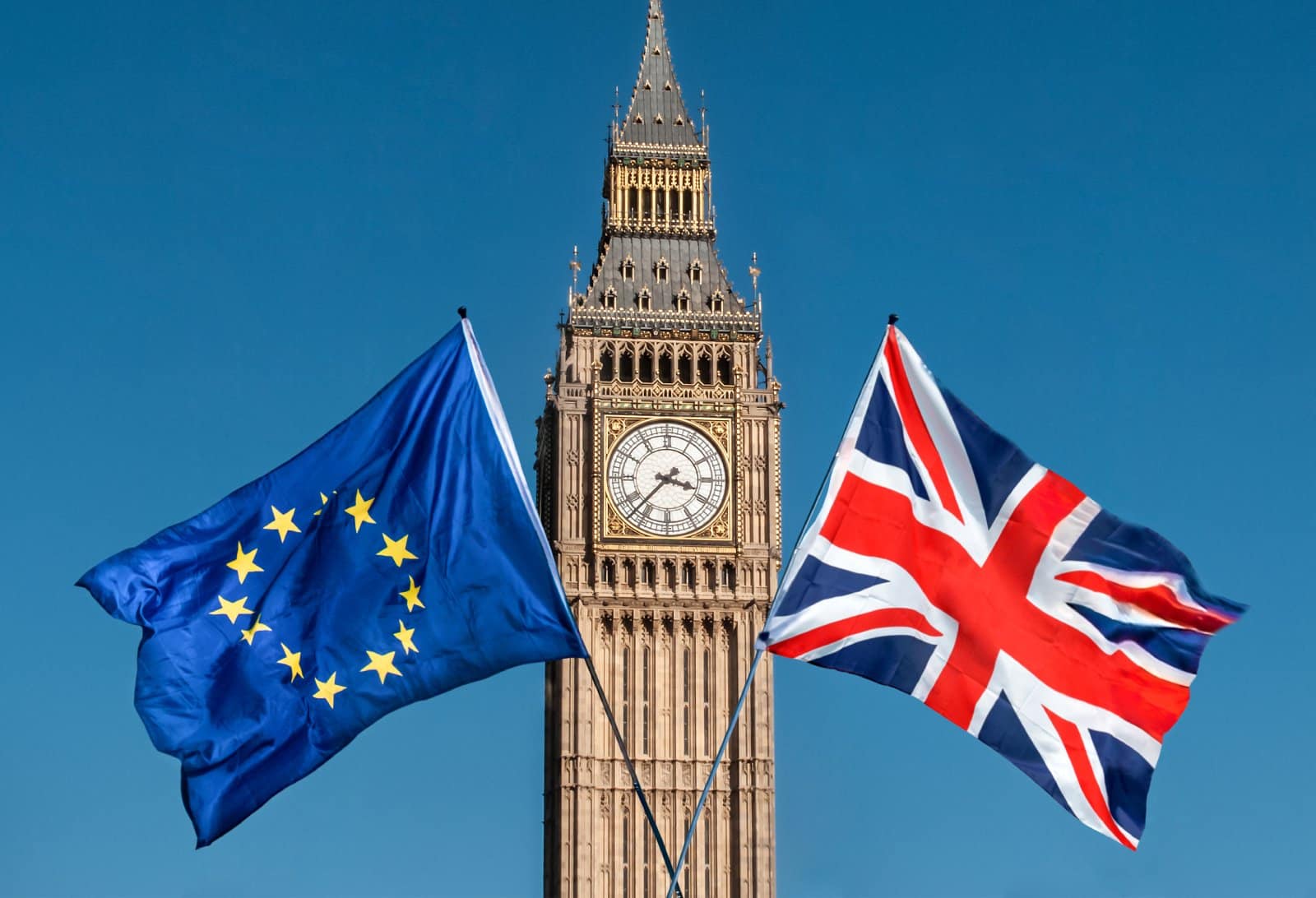
Eight years on from Brexit, which was either the greatest act of national self-harm ever committed by an independent country or the proud regaining of British sovereignty under years of being squashed under the boot of Brussels, depending on which side of the 48/52% divide you fell on, the entire project doesn’t seem to be going too well.
Public Opinion Shifts

At least, that seems to be the opinion of the British public who, in a recent poll by YouGov, appear overwhelmingly in favour of joining the EU, with 59% of respondents wishing to rejoin, should a hypothetical new referendum occur, while only 41% would oppose it.
Not So Simple

However, not everything is as simple as it might seem at first glance. Despite growing public support for rejoining the EU, which has trended upwards in every opinion poll taken since May 2022, the YouGov poll also found that most voters do not believe the recently elected Labour government has a mandate to pursue full EU membership.
No Mandate to Rejoin
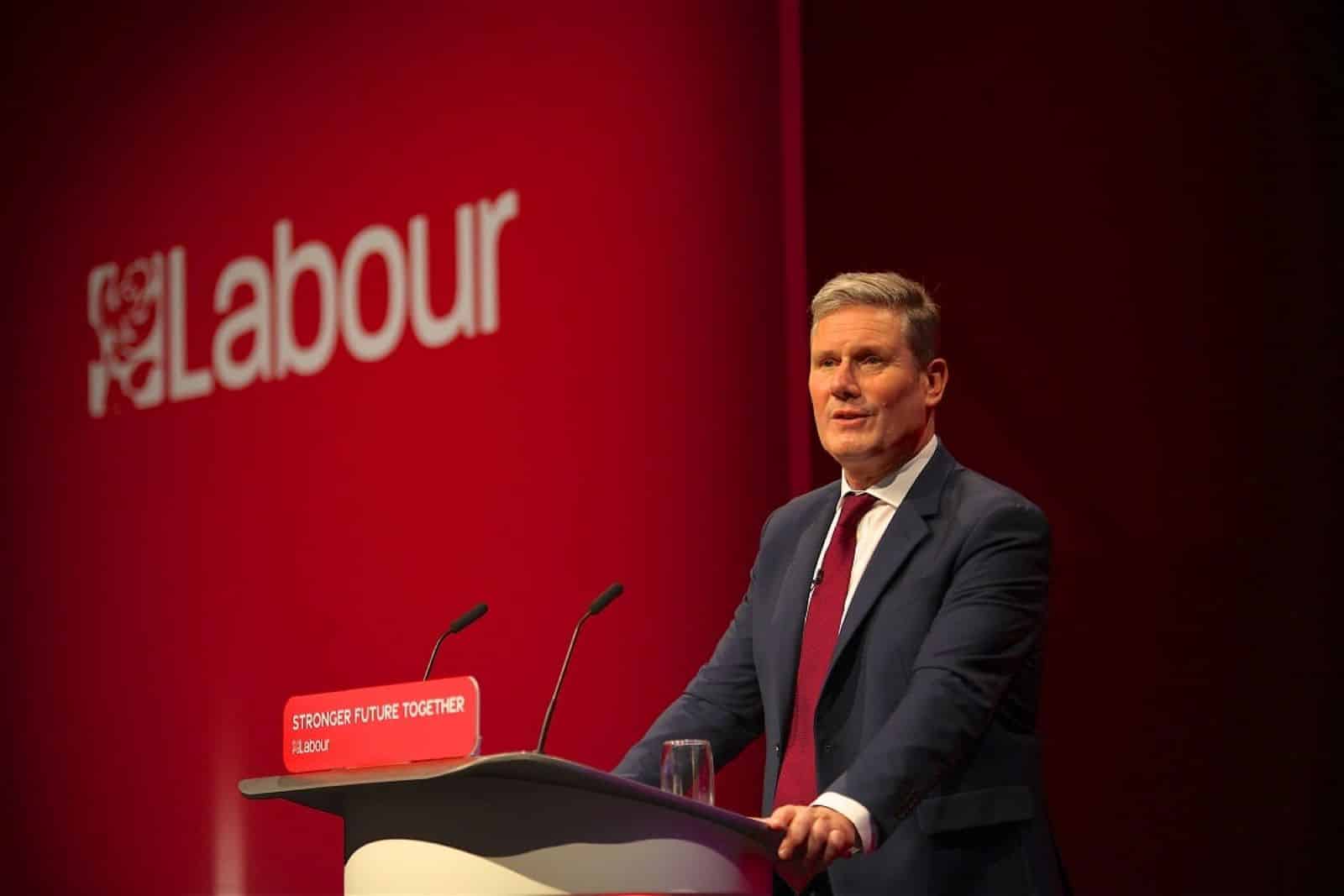
According to the YouGov poll, 51% of voters believe Labour’s landslide election victory does not give Starmer a mandate to rejoin the EU, while only 21% think it does.
Closer Ties Favoured
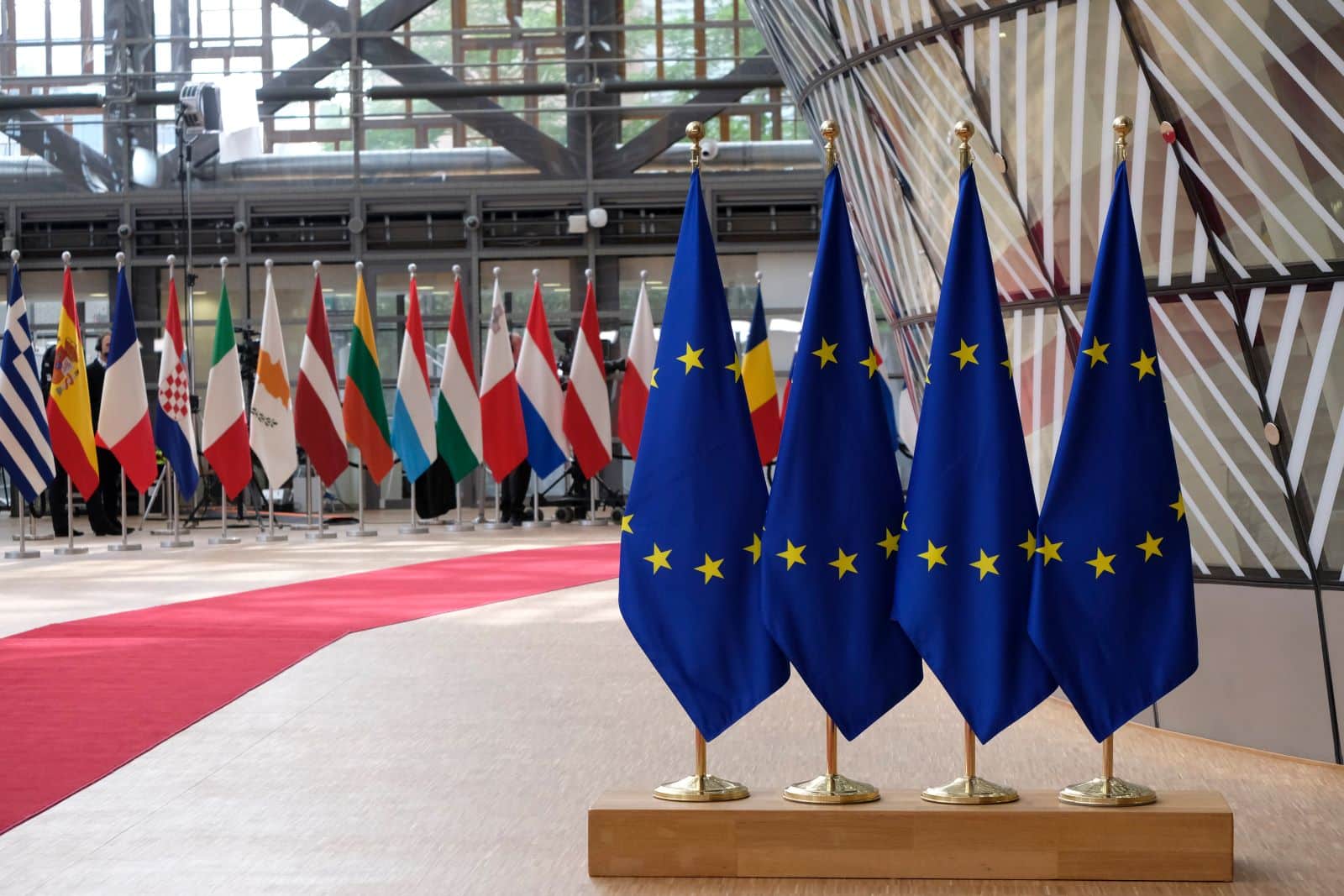
However, there is significant public support for building a closer relationship with the EU without full membership. Nearly half of the respondents (45%) feel that Starmer has a mandate to seek closer ties with the EU, compared to 21% who disagree.
Election Struggles for Starmer
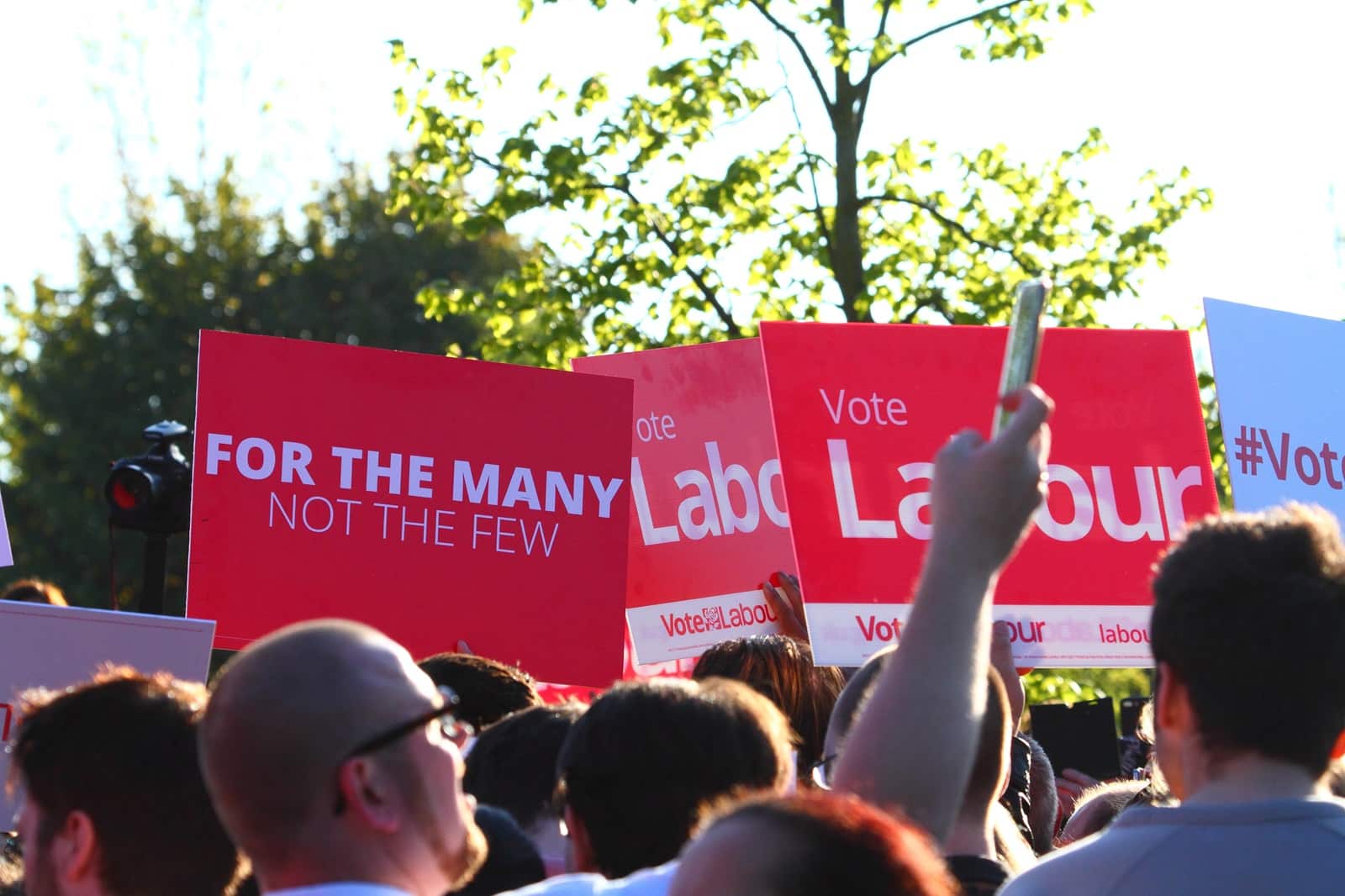
The prospect that Labour would seek to rejoin the EU dogged Prime Minister Keir Starmer throughout the general election campaign.
Starmer Rules Out Rejoining
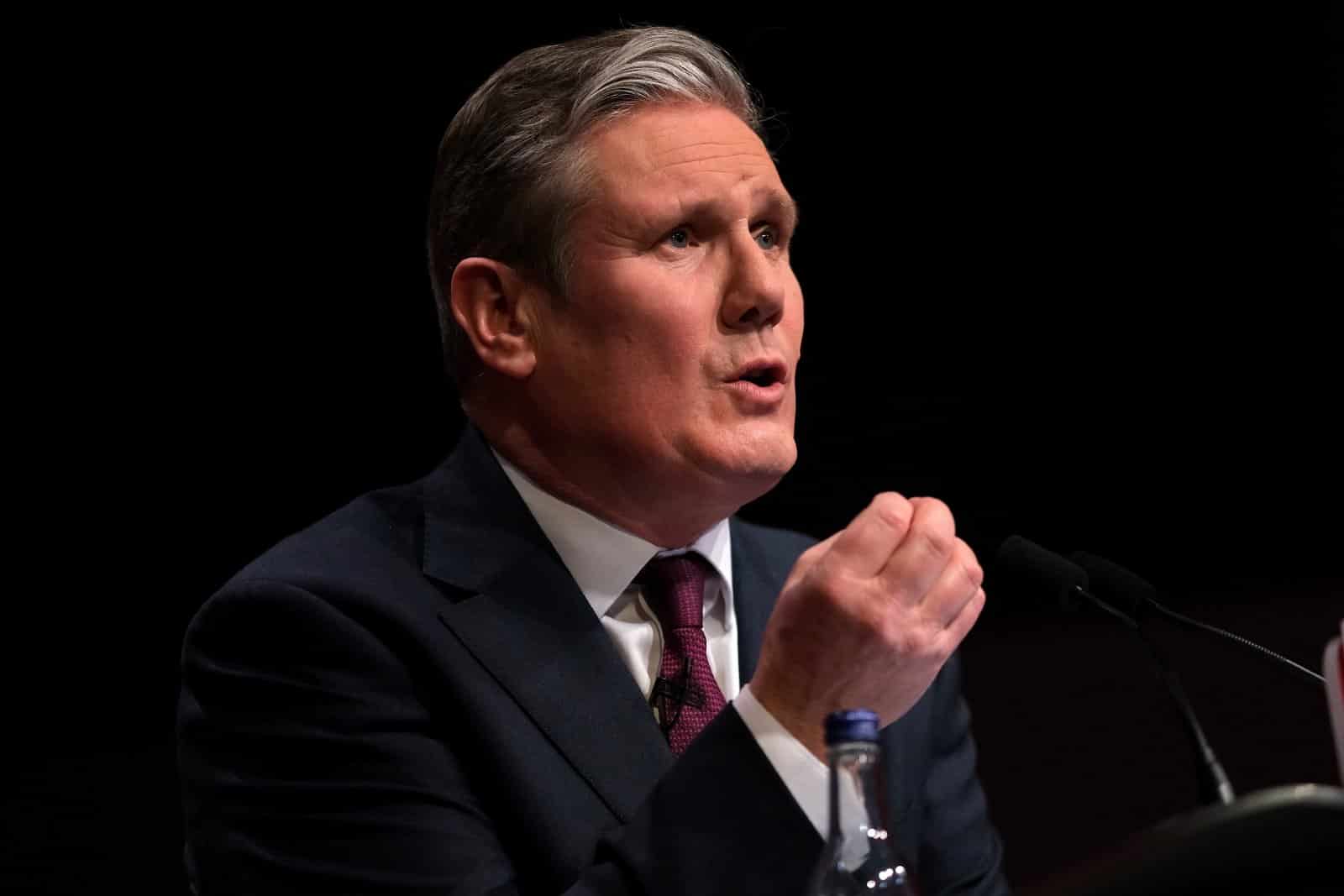
This forced Starmer to repeatedly rule out rejoining the EU, its single market, or its customs union during his term as Prime Minister.
“Not in My Lifetime”

Further pouring cold water over the hopes of Remainers, Starmer has repeatedly stated that he does not believe that the UK will rejoin the EU in his lifetime.
Labour’s Focus: Resetting Relations

During the recent election, the Labour Party’s manifesto focused on resetting the UK’s trade and investment relationship with the EU and seeking a new security pact, reflecting the public’s desire for improved relations with the EU without fully reversing Brexit.
Push for Cooperation
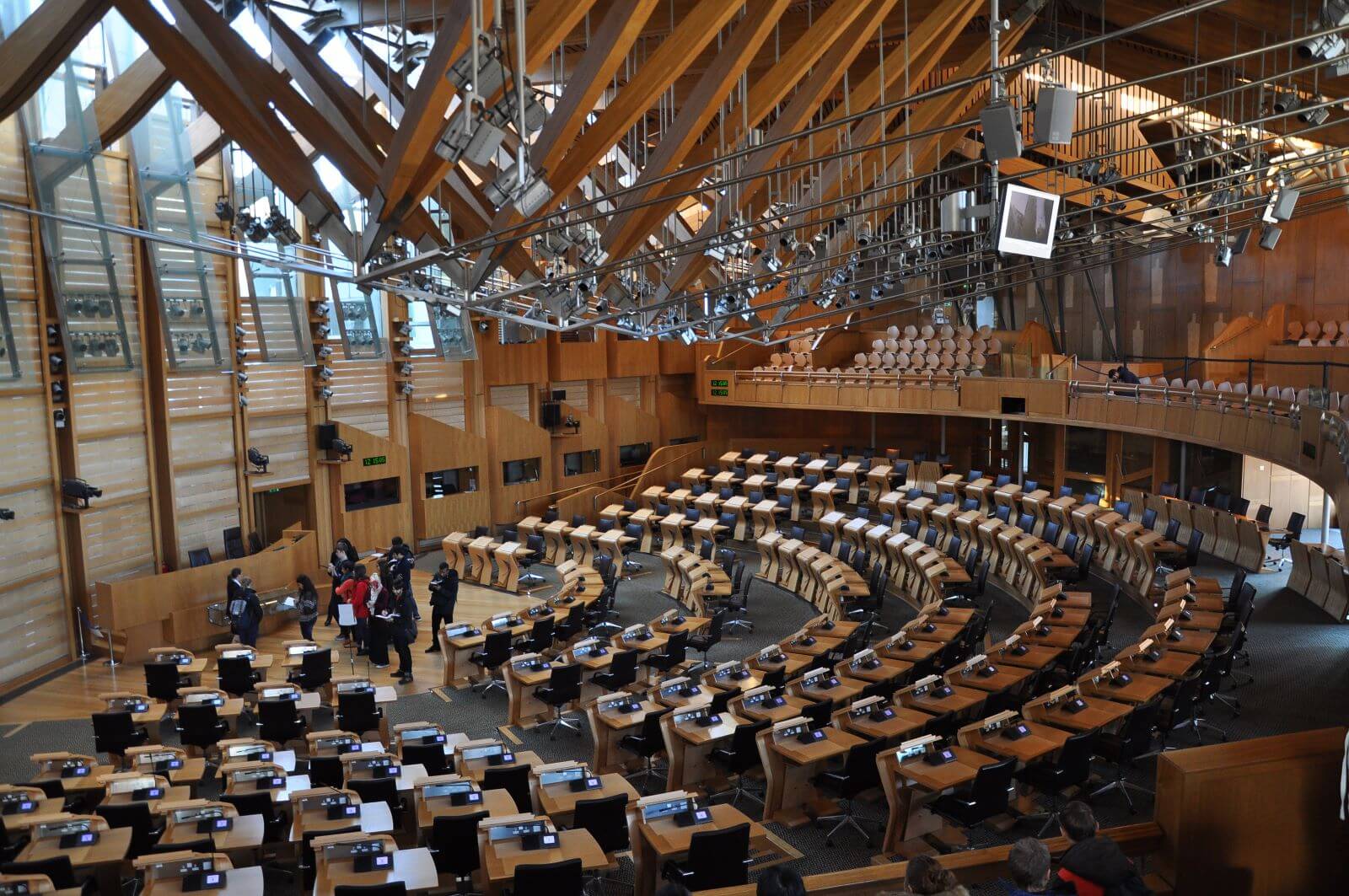
The government has pushed for greater cooperation between the UK and the EU, particularly in areas such as trade, security, and investment, a position that polling shows a significant portion of the British public would favour.
Rejoining: A Difficult Task

However, there also seems to be a grudging acceptance among the public that, having burned its bridges so spectacularly in the years of political chaos and adversarial back-and-forth that followed the Brexit referendum, Britain would not find rejoining the EU an easy task.
Acceptance of Brexit’s Impact

A poll conducted by Redfield and Wilton for UK in a Changing Europe found that only 27% of British voters believe it is likely that EU member states would accept the UK’s application to rejoin the Union.
EU Strengthened Post-Brexit

Since Brexit, the EU has continued to evolve and deepen its integration, particularly in areas like the single market and the Eurozone. The absence of the UK, which all too often threw a spanner in the works of the European project, has arguably strengthened the European Union.
Far-Right Backtrack

Even politicians who, in the past, pushed for their countries to follow in Britain’s footsteps, like the far-right Marine Le Pen in France, have distanced themselves from the idea after seeing the political and economic chaos that followed the shock referendum result.
No More Favourable Terms

Additionally, if the UK were to seek to rejoin the EU, it is almost impossible that it would be allowed to enter under the favourable terms it enjoyed previously.
Full Integration Required
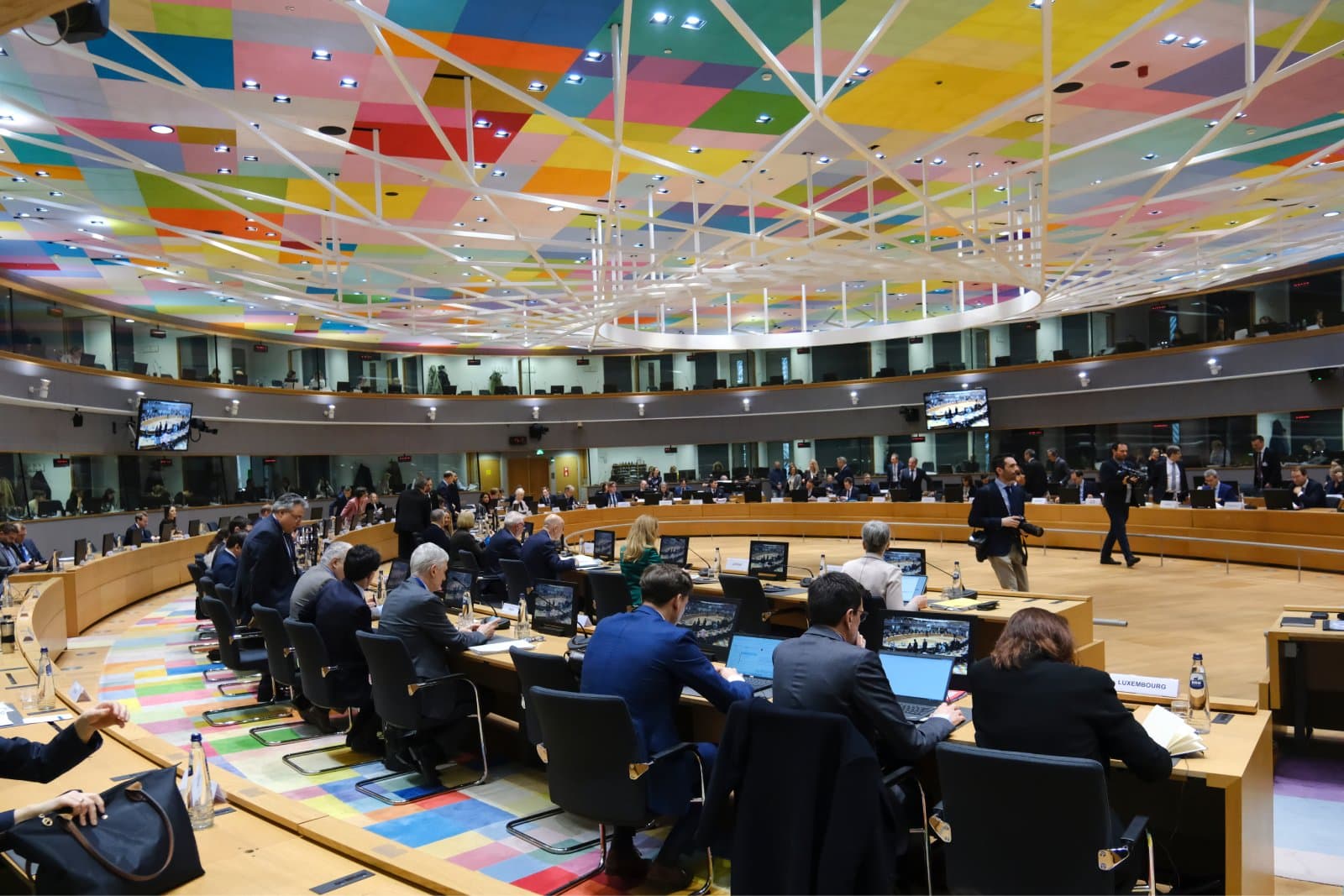
Whereas the UK had several unique opt-outs, such as not using the Euro, which allowed it to keep some aspect of European integration at arm’s length, a new application would require the UK to accept full integration into the EU, including adopting the Euro and joining the Schengen Area.
Historical Grievances Remain

As if that were not bad enough, Britain has several ongoing diplomatic and historical grievances with many EU countries, many of which are a direct result of the country’s long history of war with, and colonisation of, some of its smaller European neighbours.
Gibraltar and the Elgin Marbles
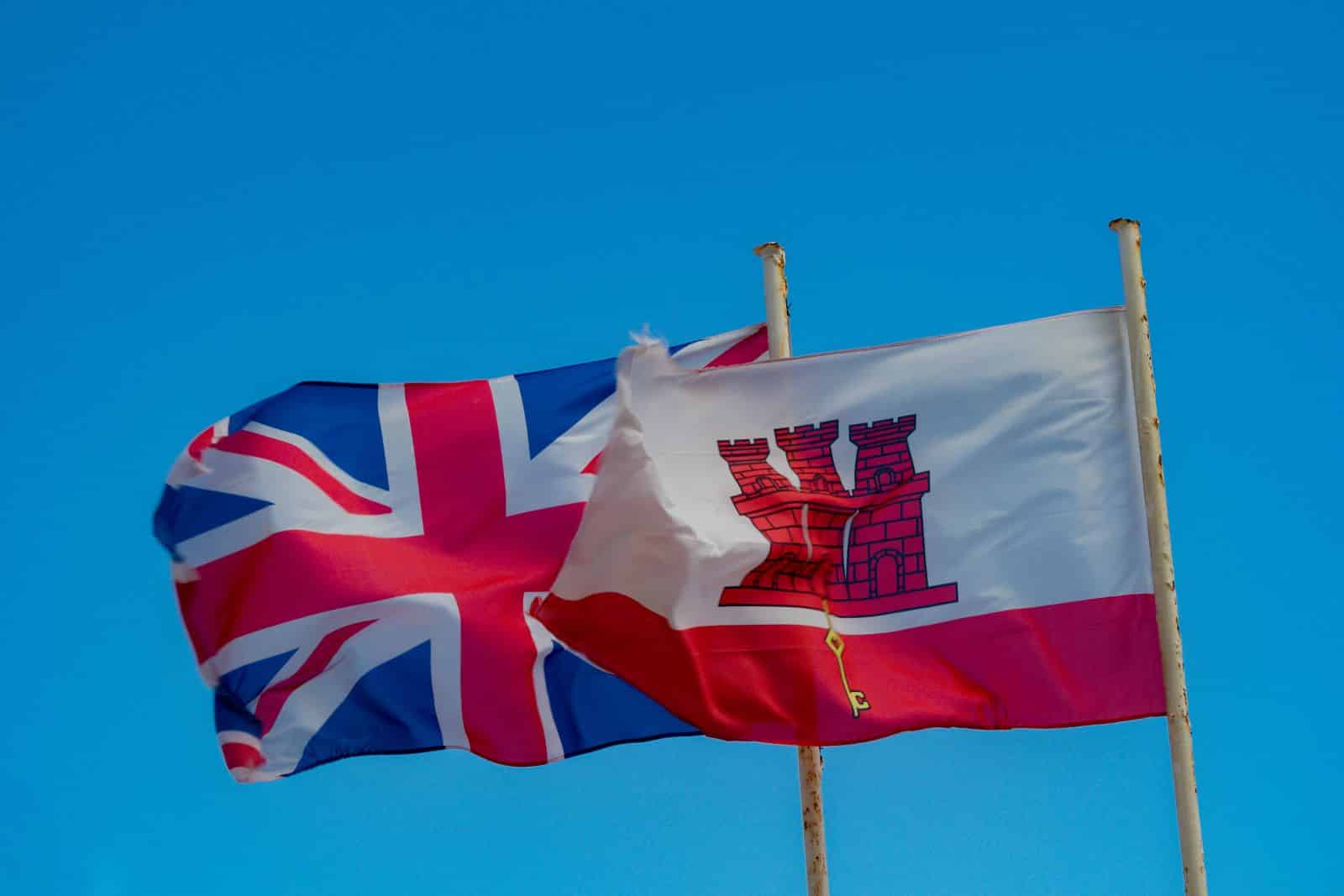
For example, Spain would undoubtedly raise issues over Gibraltar, and Greece would push for the return of the Elgin Marbles, which, despite Greece repeatedly asking for their return, the UK has kept in the British Museum for nearly 200 years.
Contentious Future Ahead

Despite such stumbling blocks, support for rejoining the EU continues to rise. However, the issue of the UK’s relationship with the EU is likely to remain a contentious topic in British politics, with the newly elected Labour government preferring, as it did in the election campaign, not to talk about Brexit at all, where possible.
Public Support and Government Stance

Though the Labour government, under Keir Starmer, is committed to improving ties with the EU but has made it clear that rejoining is not on the agenda, it remains to be seen how much of the British public would have to support rejoining before any government, Labour or Conservative, would seriously consider it.
Featured Image Credit: Shutterstock / Koca Vehbi.
The images used are for illustrative purposes only and may not represent the actual people or places mentioned in the article.

